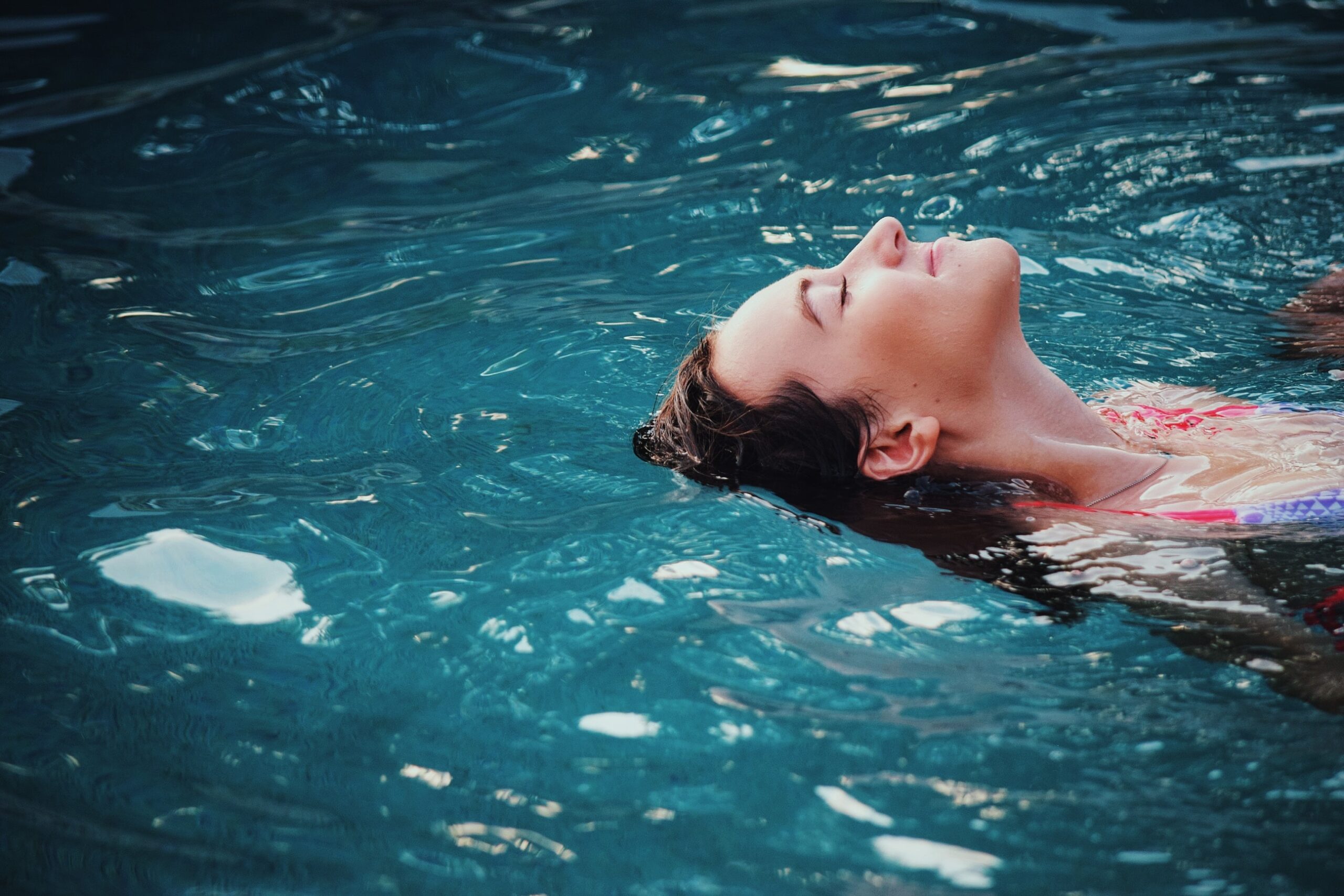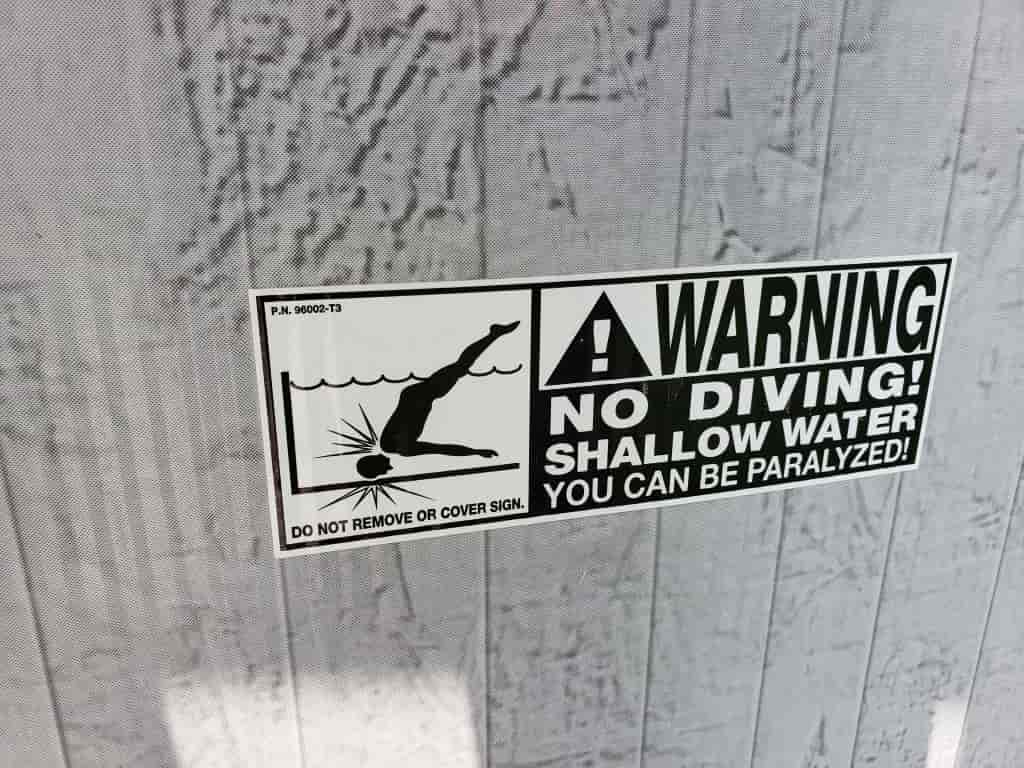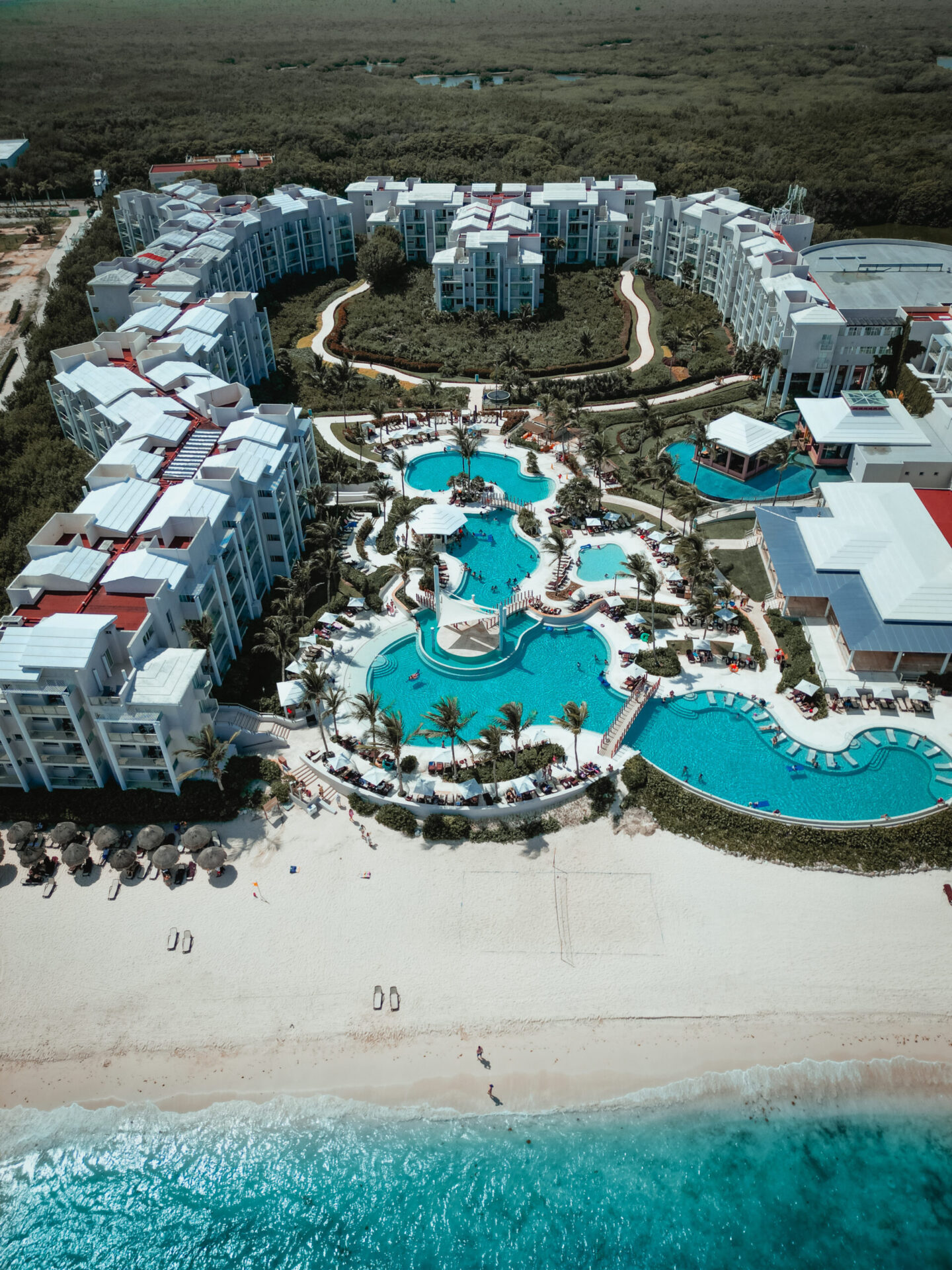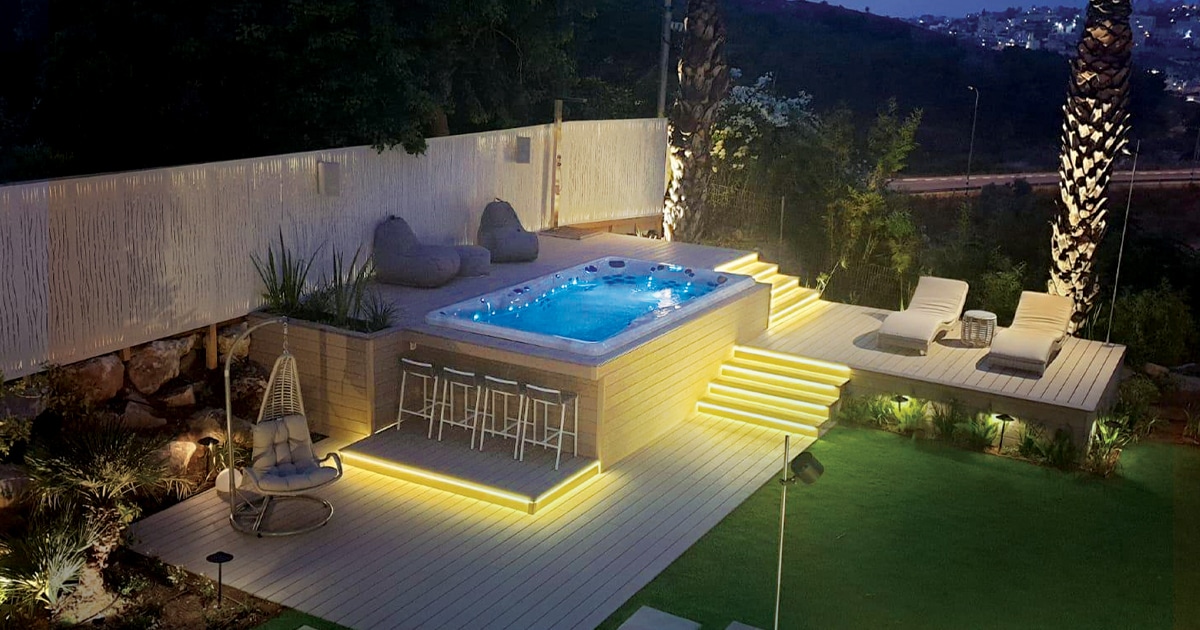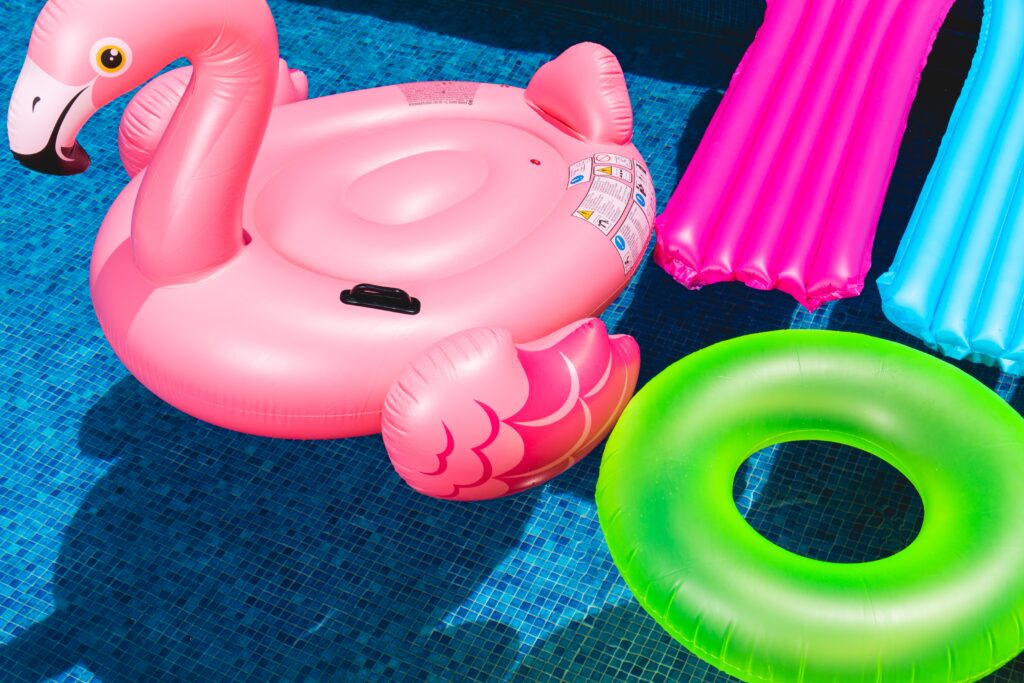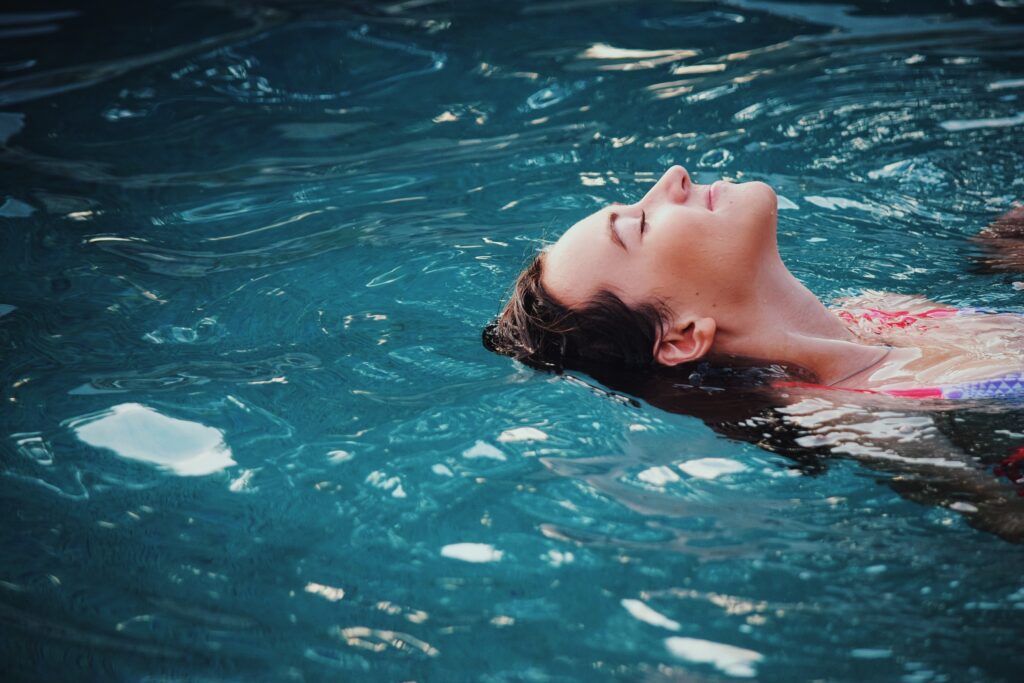Maintaining an above ground pool may seem like a daunting task, but fear not! With a few simple steps and a bit of regular upkeep, you’ll find that keeping your pool in pristine condition is easier than you think. From balancing chemicals to cleaning the filter, this article will guide you through the necessary tasks to ensure your above ground pool stays crystal clear all season long. So grab your sunscreen and let’s dive into the world of easy pool maintenance!
Choosing the Right Pool
When it comes to choosing the right pool, there are several factors you should consider. The first thing to think about is the size of the pool. Consider how many people will be using the pool and how much space you have available in your backyard. If you have a larger family or plan on hosting pool parties, you may want to opt for a larger pool to accommodate everyone comfortably. On the other hand, if you have a smaller backyard, a smaller pool may be a better option.
Another important factor to consider is the material of the pool. Above ground pools can be made from a variety of materials, including resin, steel, or aluminum. Each material has its own advantages and disadvantages. Resin pools are corrosion-resistant and require less maintenance, while steel pools are known for their durability. Aluminum pools are lightweight and easy to install. Consider your budget, the climate in your area, and your personal preferences when choosing the material for your pool.
The installation process is also an important consideration. Some above ground pools can be set up by homeowners, while others require professional installation. If you have experience with DIY projects and feel confident in your abilities, you may want to save money and install the pool yourself. However, if you are not handy or simply don’t have the time, it may be worth hiring a professional to ensure the pool is installed correctly and safely.
Finally, cost is an important factor to consider when choosing a pool. Above ground pools can vary significantly in price, depending on the size, material, and additional features. Set a budget for yourself and compare prices from different manufacturers to find a pool that fits within your budget. Remember to factor in the cost of regular maintenance and any additional accessories or supplies you may need.
Understanding Pool Chemicals
Maintaining proper water chemistry is crucial for keeping your pool clean and safe to swim in. There are several key pool chemicals that you need to be familiar with.
Chlorine is perhaps the most important chemical for pool maintenance. It helps kill bacteria, viruses, and other microorganisms that can cause skin and eye irritation or even illness. Chlorine can be added to your pool in the form of tablets, granules, or liquid. The proper chlorine levels should be maintained to ensure the water remains sanitary but does not irritate the skin.
pH balance refers to the acidity or alkalinity of the pool water. It is important to keep the pH levels within the recommended range (usually between 7.4 and 7.6) to prevent corrosion, scale buildup, and irritation to the eyes and skin. You can use pH testing kits to monitor the levels and make adjustments as needed.
Algaecides are chemicals used to prevent or treat algae growth in pools. Algae, if left untreated, can make your pool water murky and create a slippery and unsightly pool surface. There are different types of algaecides available, including copper-based and non-copper-based options. Follow the instructions provided by the manufacturer to effectively use algaecides and keep algae at bay.
Stabilizers, also known as cyanuric acid, are used to prevent the degradation of chlorine caused by sunlight. They help to extend the lifespan of chlorine and reduce the amount of chlorine you need to add to your pool. Stabilizers can be added as a powder or granules and should be tested regularly to maintain optimal levels.
This image is property of images.unsplash.com.
Regular Cleaning Routine
To keep your above ground pool clean and free from debris, it is important to establish a regular cleaning routine. This routine should include skimming, brushing, vacuuming, and cleaning the filter.
Skimming involves using a net or skimmer to remove leaves, insects, and other debris from the surface of the water. This should be done daily or as needed to keep the water clear and prevent the debris from sinking to the bottom of the pool.
Brushing the pool walls and floor helps to remove dirt, algae, and other contaminants that may have attached themselves to the surfaces. Use a pool brush with nylon bristles and scrub the walls and floor in a circular motion. Pay special attention to areas that are often neglected, such as corners and stairs.
Vacuuming should be done on a regular basis to remove fine particles and dirt that may have settled on the bottom of the pool. There are manual and automatic pool vacuums available. Manual vacuums require you to manually move the vacuum head around the pool, while automatic vacuums can be left to clean the pool on their own.
Cleaning the filter is an essential part of pool maintenance. The filter helps to remove dirt and debris from the water, but over time it can become clogged and lose its effectiveness. Depending on the type of filter you have, you may need to backwash, rinse, or replace the filter cartridge. Consult the manufacturer’s instructions for proper filter maintenance.
Maintaining Water Balance
Maintaining the proper balance of water chemistry is crucial for the health and safety of swimmers, as well as the longevity of your pool equipment. Regular testing and adjustments are necessary to ensure optimal water balance.
Testing the water should be done at least once a week, or preferably two to three times a week during the peak swimming season. Pool test kits are available to measure the pH balance, chlorine levels, alkalinity, and calcium hardness of the water. Test the water at different locations in the pool to get an accurate reading.
Adjusting pH levels may be necessary if the water is too acidic or too alkaline. If the pH level is too high (alkaline), you can add a pH decreaser (dry acid) to bring it down. If the pH level is too low (acidic), you can add a pH increaser (soda ash) to raise it. Follow the instructions on the product packaging and retest the water after making adjustments.
Balancing alkalinity is important for maintaining stable pH levels. Alkalinity acts as a buffer and helps prevent drastic fluctuations in pH. If the alkalinity level is too low, you can add an alkalinity increaser (sodium bicarbonate). If the alkalinity level is too high, you can add an acid (muriatic acid) to bring it down. Again, follow the instructions provided by the manufacturer.
Calcium hardness refers to the level of dissolved calcium in the water. Low calcium hardness can cause the water to become corrosive, while high calcium hardness can lead to scale buildup on the pool surfaces. You can adjust the calcium hardness levels by adding calcium increaser or calcium reducer, depending on the current levels and the desired range.
This image is property of images.unsplash.com.
Dealing with Algae and Bacteria
Algae and bacteria can quickly become a nuisance in your pool if not properly addressed. Understanding how to identify different types of algae and applying appropriate treatments can help keep your pool clean and clear.
There are several common types of algae that can grow in pools, including green algae, yellow/mustard algae, and black algae. Green algae is the most common and is characterized by its green color. It can quickly spread and turn the water cloudy if not treated promptly. Yellow/mustard algae appears as a yellowish-brown or greenish-brown slime and is more difficult to eliminate. Black algae is the most stubborn and can form dark, hard-to-remove spots on pool surfaces.
To treat and prevent algae growth, it is important to use algaecides regularly and shock treatments as needed. Algaecides can help inhibit algae growth and keep the pool water clear. Follow the instructions provided by the manufacturer for proper application.
Shock treatments involve adding a high dose of chlorine to the pool to kill bacteria, algae, and other contaminants. Shocking the pool is especially important after heavy pool usage, a rainstorm, or if the water has become cloudy or green. Use a pool shock product that is specifically designed for your pool size and follow the instructions carefully.
Preventing bacterial growth is essential for maintaining a safe swimming environment. Regularly testing and maintaining proper chlorine levels is the most effective way to prevent bacteria from thriving in your pool. In addition, ensuring good circulation and filtration of the water, as well as regular brushing and cleaning, can help prevent bacterial growth.
Winterizing and Opening the Pool
If you live in an area with cold winters, it is important to properly winterize your above ground pool to protect it from freezing temperatures and damage. Likewise, properly opening the pool in the spring is crucial to get it ready for the swimming season.
Cleaning and treating the water before winterizing is an important step. Vacuum the pool, brush the walls and floor, and ensure that the water chemistry is balanced. Add a winterizing chemical kit to the water to prevent the growth of algae and bacteria during the winter months.
Covering the pool with a durable winter cover is essential to protect it from debris and harsh weather conditions. Make sure the cover is securely fastened to prevent it from being blown off by strong winds. Remove any excess water from the cover throughout the winter to prevent it from sagging into the pool.
During the winter months, it is important to remove any ice and snow buildup from the pool cover. Use a pool cover pump to remove standing water and brush off any snow accumulation. This will help prevent the cover from sagging and potentially causing damage to the pool.
When spring arrives and it’s time to open the pool, remove the cover and clean it thoroughly before storing it. Inspect the pool for any damage or wear and tear and address any issues before filling it with water. Test the water chemistry and make any necessary adjustments to ensure a safe and healthy swimming environment.
This image is property of images.unsplash.com.
Troubleshooting Common Problems
Even with regular maintenance, you may encounter some common problems with your above ground pool. Here’s how to troubleshoot and address them:
Cloudy water is often a sign of poor water circulation, inadequate filtration, or imbalanced water chemistry. Check and clean the filter, ensure the pump and other equipment are functioning properly, and test and adjust the water chemistry as needed.
Green water is usually caused by algae growth. Test and adjust the water chemistry, add algaecide as needed, and shock the pool if necessary. Brush and vacuum the pool to remove any algae that may have settled on surfaces.
If your pool equipment is oversized or undersized for your pool, it can affect the efficiency and effectiveness of the system. Consult with a pool professional to determine the correct equipment size for your pool and consider upgrading or downsizing as necessary.
If you notice any leaks or damage to your pool, it is important to address them promptly. Small leaks can lead to bigger problems if left unattended. Consult with a pool professional for repairs or consider replacing any damaged components.
Safety Measures
Ensuring the safety of your pool is of paramount importance. Here are some essential safety measures to consider:
Installing a fence and gate around your pool can help prevent unauthorized access and keep children and pets safe. The fence should be at least four feet high and have a self-closing and self-latching gate.
Proper storage of pool chemicals is crucial to prevent accidents and exposure to children or pets. Store chemicals in a cool, dry, and well-ventilated area away from direct sunlight and sources of heat. Keep them out of reach of children and follow the manufacturer’s instructions for storage and handling.
CPR and first aid training is highly recommended for pool owners or anyone who spends time around the pool. Being prepared for emergencies can make a significant difference in the event of an accident or injury.
Always supervise children when they are in or around the pool, even if they know how to swim. Do not rely solely on flotation devices or toys. Adults should always be within arm’s reach of young or non-swimmers.
Professional Maintenance Options
If maintaining your above ground pool on your own seems overwhelming or time-consuming, you may consider hiring a professional pool service. A pool service can take care of all aspects of pool maintenance, including cleaning, testing water chemistry, and equipment maintenance.
Many pool service companies offer weekly or bi-weekly maintenance plans. These plans typically include routine cleaning, water testing, and adjustments, as well as regular equipment checks. The frequency and scope of services can be customized to fit your pool’s needs and your budget.
Before hiring a pool service, it’s important to consider the cost. Compare quotes from different companies and consider the services included in each package. Keep in mind that investing in professional maintenance can help keep your pool in optimal condition and potentially save you money in the long run by preventing costly repairs or equipment replacements.
Conclusion
Maintaining an above ground pool does require some effort and regular maintenance, but with the right knowledge and tools, it can be a manageable task. By choosing the right pool, understanding pool chemicals, establishing a regular cleaning routine, maintaining water balance, addressing algae and bacterial growth, winterizing and opening the pool properly, troubleshooting common problems, implementing safety measures, and considering professional maintenance options, you can enjoy a clean and safe swimming pool all season long. So go ahead, dive in and start enjoying the benefits of having your own above ground pool!
